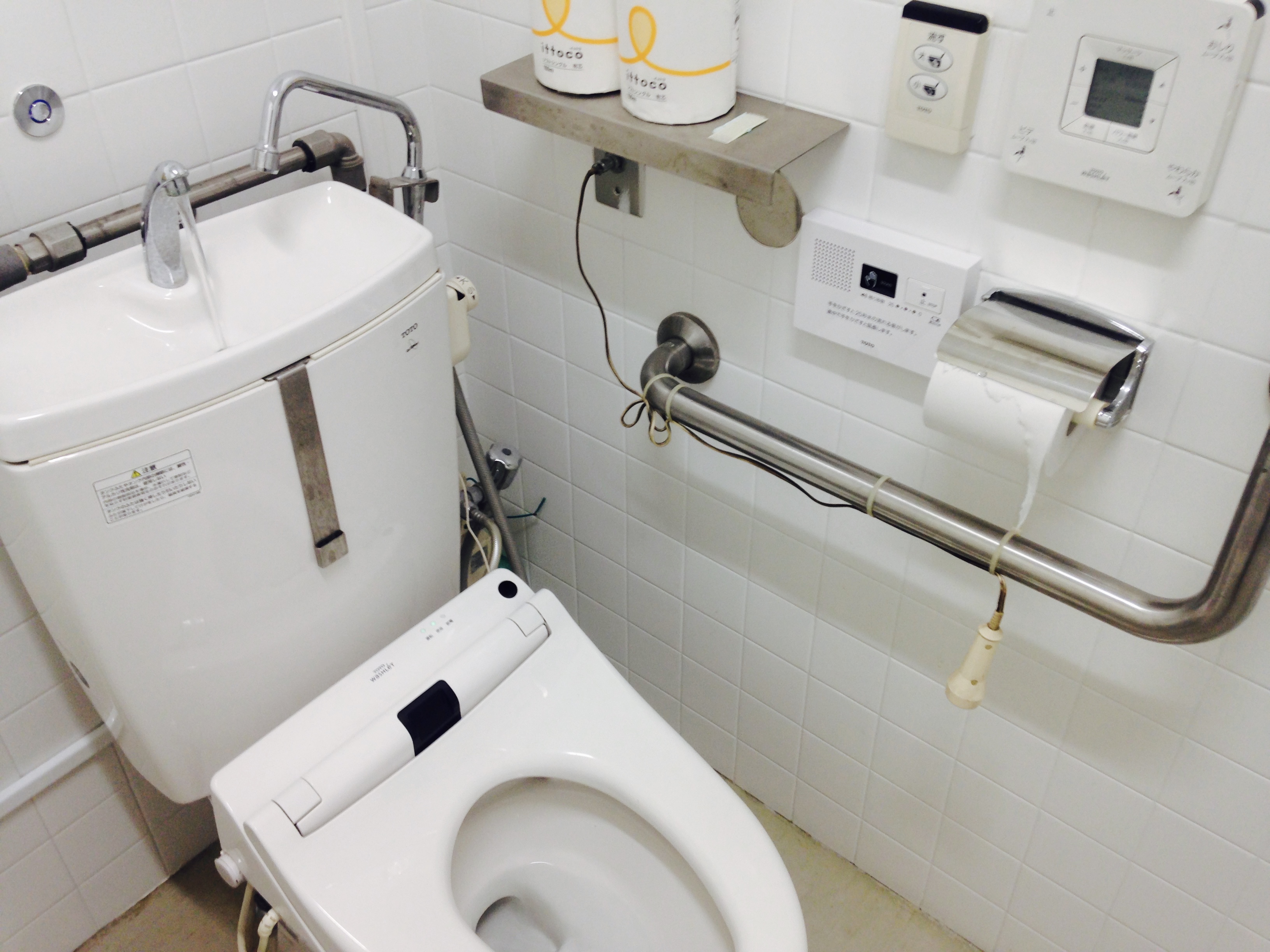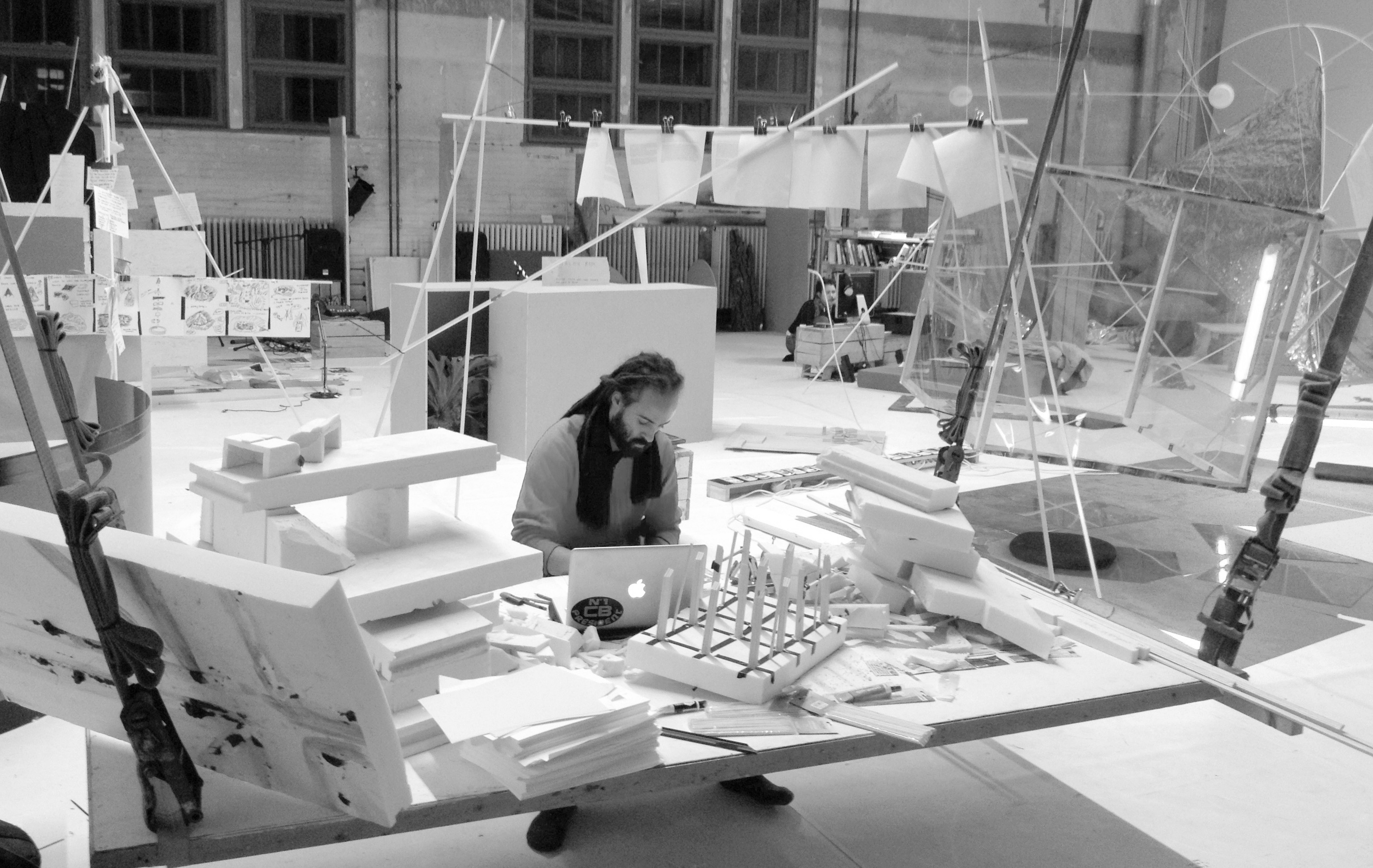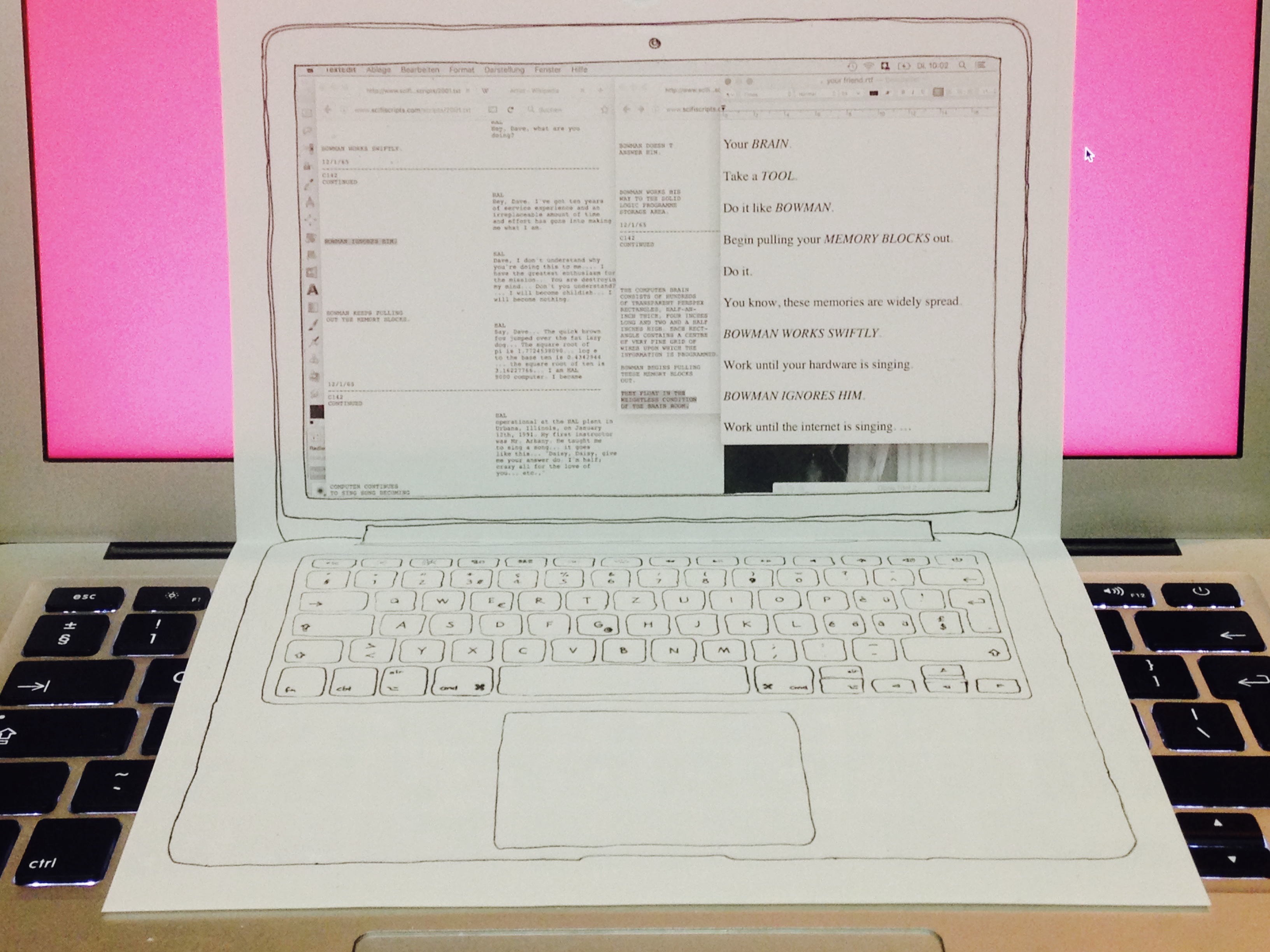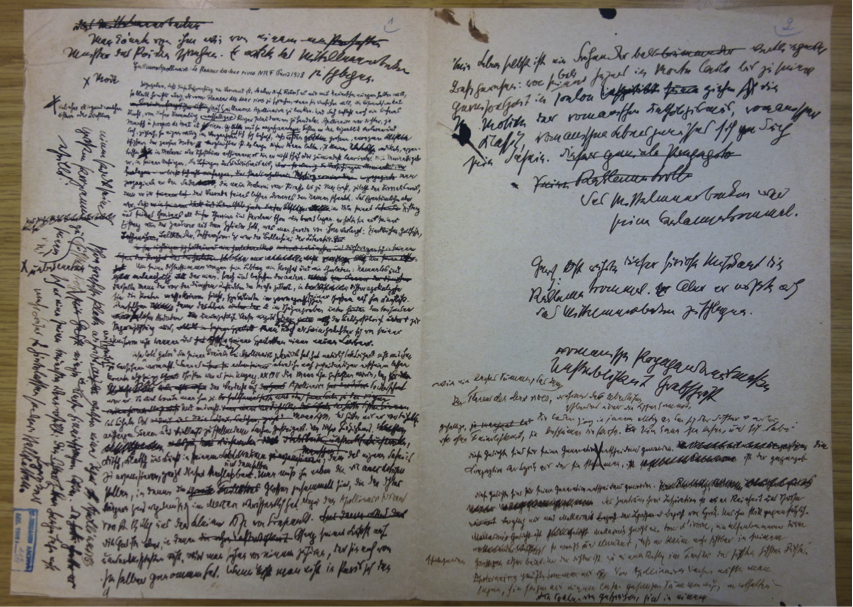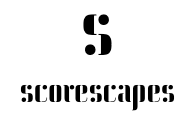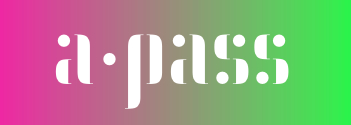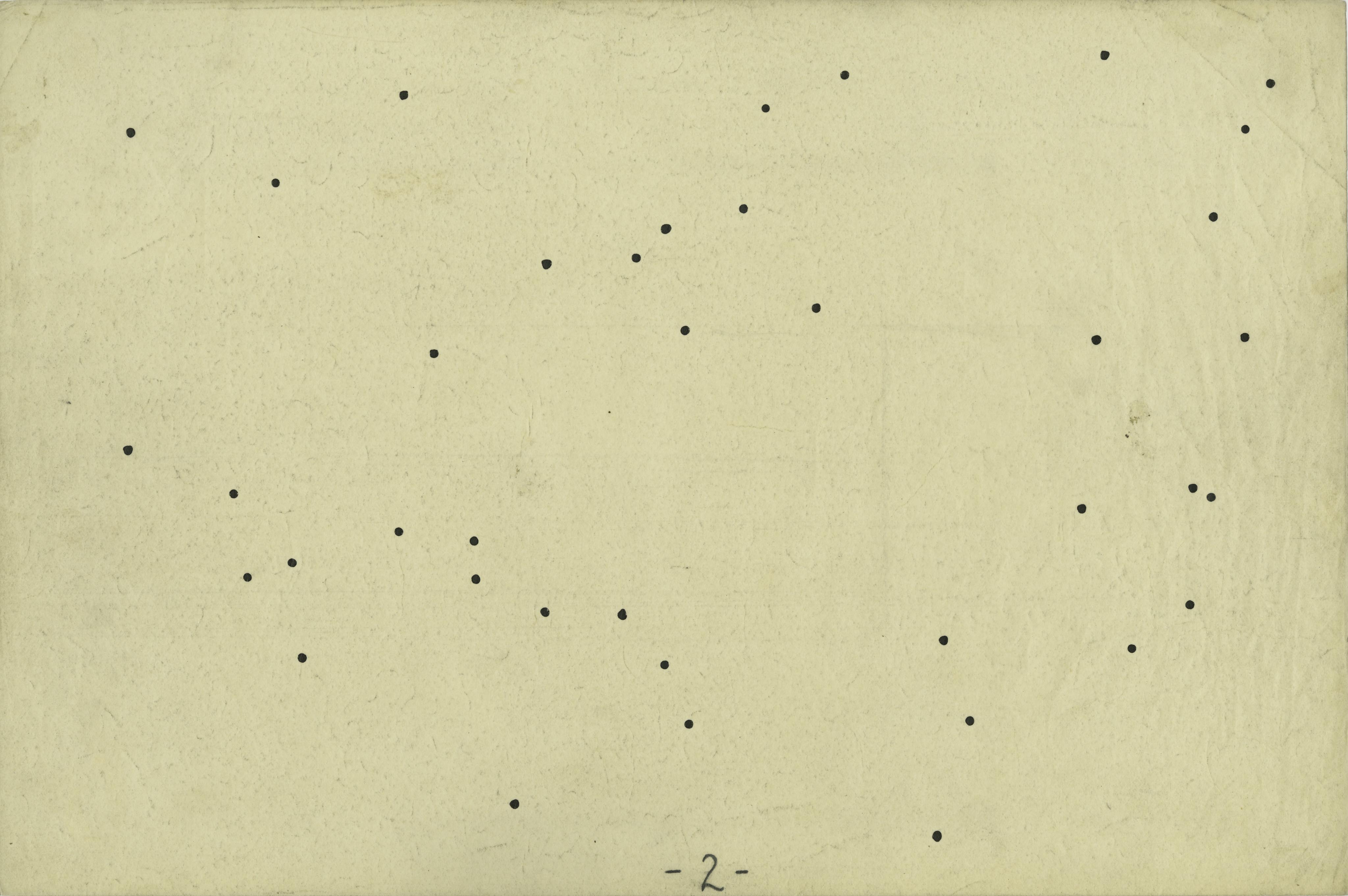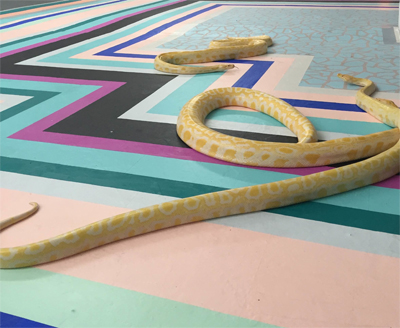performative publishing, postgraduate program
THE MEDIUM SCORE / Sina Seifee
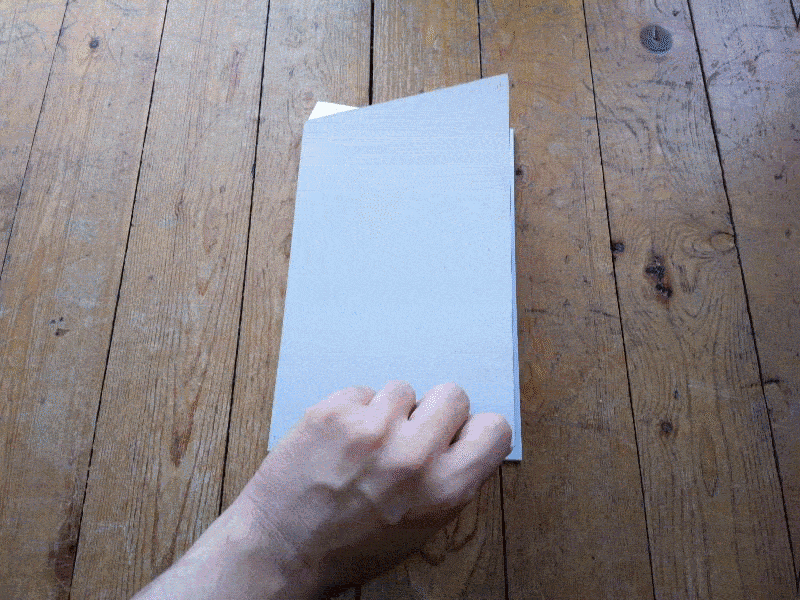
There has been a shift in humanities scholarship:
(feminist science studies, the post humanities, the ecological humanities, animal studies, queer theory,) humanities scholars have represented their matters of care with an aesthetic (and therefore political) commitment to narrating stories with an emphasis on the relationality among agencies, forces, phenomena, and entities usually kept separate, in the background, or out of the story altogether
–> redistribution of agencies
political stake ==> aesthetic tactics
(the reading of ajayeb portraits) the global [and therefore ethical] consciousness (at the end of 12th century middle-south asia, “the east”)
- descriptive practices of poetics and natural history
situated perspective ==> storytelling
my interest in your work is to become skillful at reading with you our situated perspectives –> Zoumana’s, Hoda’s, Sina’s, ajayeb’s, apass’, etc.
- women in my life: Avital, Haraway, Ahmed, Scher, Barad, Despret, teaching me science and art, attentive modes of differential reading and writing, practices of noninnocent care and concern
- men in my life: Serres, Sennet, Delanda, Levinas, Anand, teaching me a non-guilt-driven knowledge of history and past, a different mode of remembrance which provokes a different mode of response and responsibility
#i am learning from Kohn that the survival is complicated, from Haraway that world works by excess and therefore filled with hope, with Sennett and Delanda a better account of socio-material history, from Ahmed a different understanding of psychoanalysis, from Barad poetry and argumentation, from Scher the effort needed to become interested, from Kenney that there is no need for a “standard language” to describe your interventions or to produce a body of knowledge about your matters of concern,
http://ajayeb.net/?q=hypertext
stories that collect stories [~= archive? my hypertext? a mouth full? –this specific type of stories are dangerously worlders, usually handed to the unquestioned mechanics of universalized taxonomy and 17th century rigs: encyclopedic homogeneous tables. they are the stuff of ajayeb]
(kinda mispronounced by Ekaterina > captured by Hoda > made found object by Sina)
stories that collect other stories:
1- archive ~–> sortability
2- translation ~–> linearity
3- dictionary ~–>
==> universality (that both these stories claim)
(my work on hypertext apass ajayeb graph rigs, is to deal within these conditions of storing/storying. i wasn’t interested in this some time ago: a shift in my interest)

excess : there is always more that we don’t know, what yet has to come; the world is constantly doing stuff; (—X–> accelerationist manifesto, apocalyptic narratives, technophobic narcissistic stories, etc.)
(i am drawn to and by excess, and i am engaged in it: in my lectures, talkings, writings, and I take it up also visually in my drawings. my ajayeb hypertext search is contingent and opportunistic, and its searches are non-systematic.)
(as you have already noticed, my:)
Routines:
- interrupting stories with stories
- partial connection (and its performance)
- moving arguments through by infecting them with other arguments (=/= dialectical)
- mobilizing (multidisciplinary) fields (=/= the imperative of knowing A, B, and C first before you do D)
- mobilizing citation apparatus –> that which gives sense to what enables this work –> deliberately having a conversation with ajayeb al-makhlughat عجایب المخلوقات, Sa’di, Attar, Sadra, Sohrevardi, etc.
- remembering what one knows (=/= owes) (and organizing, performing, reworking it, sustaining a state of generative transformation = my ajayeb.net)
- having stakes in rationality (i constantly criticize rationality, but as you can see, i am not at all throwing it out)
Practices:
- Workshops http://ajayeb.net/?q=workshop
- ajayeb.net
- Rigs (http://ajayeb.net/?q=Rig) –> pop-up book
- notes –> highlighting as part of a material reading practice http://ajayeb.net/?q=read%2Bpractic
- Routines http://ajayeb.net/?q=routin
- Excessive approach
Trajectory:
- Bibliography
- Wonder
- Ongoingness
- Ontology
Productions:
- study as artwork
- reading as artwork
- bottom-top approach to writing
Findings:
- every research practice:
- must include “the image of body”
- must employ ontological attention to differential productions
- must rework decompose redefine its root-metaphors
- must give extensive equipment list
- must trace its social connections in a wider ecology of practices
citation apparatus
to begin writing about ajayeb with the citational ‘avardeand ke…’ (…آوردهاند که)
citation, an important characteristic of fables, is about relational histories
absence of definitive source (in my old childhood favorite radio show, by bring an endless list of fantastic source and bodies of lures) allows monsters to flourish and me the full range of my passionate crafts. ajaybe’s compelling mystery demands (from me) an unorthodox and omnivorous approach (hame-chiz-khar همه چیز خوار).
اما راویان اخبار و ناقلان آثار و طوطیان شکرشکن شیرین گفتار و خوشه چینان خرمن سخن دانی و صرافان سر بازار معانی و چابک سواران میدان دانش توسن خوش خرام سخن را بدینگونه به جولان در آورده اند که …
- Mirabile dictu… (miraculous to say…) (–> wonderful to relate… / Virgil’s citation making) (=/= sad to say…, unfortunately…)
(with Despret‘s talking parrots)
parrots (shekar-shekan) (and philosophers) really like to control the exchange, to keep control of a conversation : their refusal to let another individual choose the topic of conversation
(parrots have) a pragmatic rather than a referential conception of language
[?am i also referential (=/= pragmatic) in my conception of language?]–> to teach a being to speak presupposes not only a tolerance of but also a profound interest in misunderstanding (this ‘profound interest in misunderstanding’ is precisely both cognitive and political aspect of what I am trying to bring forth) ~-> (how language-learning with animals can help us learn) restating and inverting the question of control? (Despret asks)
exchange can only be achieved when there is “a continuous reprisal of translations and betrayals of meaning” ==> understanding itself is compromised
“we”: constituted by the assemblage of different (animal-, nonhuman-, machine-, human-)beings equipped with an apparatus aimed at making them talk well
***
(one thing i am learning in apass is that) modeling ontologies involves articulating knowledge in ways that sometimes appears alien to that domain community
[asking with Bowker:] for my ontology-building to appear representative, does my community itself have to learn the goals and language of my knowledge modeling?
(the question i asked Sven: to tell others ‘which language one is using.’)
in a way, my work and interest in ajayeb is about:
- histories of standards in knowledge production, which, i argue, is key to all sorts of other productions
- the politics of remembrance : the politics and philosophy of classifying certain textual/material activities such that they have a chance of being part of the cultural potential memory)–>{Olga, Hoda, Sana}
-artists are using a lot of standards (of representations or materials)
-(out of) control standards
-there is a huge amount of standards i am depending on in my hypertext http://ajayeb.net/bibli
-international diplomacy depends on manufacturing and enforcement of standard vocabulary –> how much are we really in diplomatic businesses?
(it is about) organizing my memory
(it is about) that which comes to (my) mind, and “things” coming to mind(s) (of the people around me, and before me)
(it is about) the things I am told
__(these are perhaps other names of cognition, affect, memory, semiotics, history, inheritance, figuration, interface, thing-relations, huntology,)
__in our shared space where we let each other in the effect of our languages, I want to practice what comes to mind when I stand in front of you and your work, ask myself ‘what else’ comes to mind? in a sense, my project on ajayeb is that kind of training
also in apass i want to catch you in your acts
it is my privilege to recognize you (as…)
asking:
1- what do I know?
2- what am I told?
- the first question has no clear answer, what i know is not placed somewhere in me, it is always an articulated matter of ‘with’ or in interaction with, it is an always compound relation between matters, changes before i can grasp, knowing is done always with a figure or a thing, it includes all sorts of optics and technologies, (affect theory, media theory, epistemology, semiotics, ajayeb theory, Sadrian imaginal ontology, etc.)
- the response to the second question is also not clear, i can never be sure of what i am told, i don’t remember or even hear, what i am told is infolded in what i know
(when i started with my islam lecture series i was testing the waters of these two questions and the possibility of staying with them without freaking out of ambiguity, panicking into a meaning i don’t actually want to mean, or plotting an answer, plotting relevances)
is all about loving to tell you about what i am reading
to become a skilled listener : listening ~= response (=/= simply answering) –> (when we speak) we give other people talismans that are not (perfectly) clear to us—-we penetrate and unpack what someone doesn’t have the words clearly and response to what they intend
-these have nothing to do with “common understanding,” “make something work,”
cooperation is about getting deeper into something
(i am more interested in) conditions that more skills are required (and not the opposite)
(digital reading practices of) data mining =/= reading for the reactions of an implicit reader –> what the scholar of ajayeb (in the medieval) might have felt?
#on hypertext note:
i am becoming skilled at looking at my own notes:
{(1) what are the skills necessary [=/= tabula rasa (of the reader, of the audience) of the communo-capitalism’s standard of “user-interface”—the strange idea that the interaction and reading doesn’t need or must not need learned-efforts or skills, that it should be “easy” and “effortless” –> fallacy of the unskilled listener.] to engage, interact, and get involved with the interface, data-set, grammar, and literacy of (my) reservoir? }–> ** let’s ask that question with every apparatus that engages us into desire, movement, articulation, …
skills –> to become literate in this particular way –> situated knowledge includes this situated literacy and skills of reading particular to the object of “text” (in that case how do i address my interest in the pervert reader? the skills of the unlearning*)
–> (2) this skills of (my) reservoir, what set of questions or problems equip me to address?
(Sennett’s) varzidan, varz, varzide, ورزیده
ok, again, the ‘skill’ question:
- –> what are the set of skills needed for my work?
- –> which problematics these skills equip me to address?
- –> can i (or should i) not know these problematics in advance?
as you can see almost all my crafts and tropes are related to social order, communities of concern and research, practices of response, interactions in collective life, etc. the meanings of community and knowledge
because of working on ajayeb, i am becoming sort of a “definitionist,” or “definitionologist” (not in the classical sense of concept theory)
a definition i give is a local abstraction, even when it is making boundaries for a dispersed or global concept, it is still a situated knowledge. that means it might be categorical but not applicable outside this particular niche of space and time, even when accessed in my hypertext (–> wht Sven’s music sounds different when he plays it in the group?)

(committed to the imperative of the Rig,) things not to do in the pop-up book:
- use as ironic: incongruity (عدم تجانس) in expectations of what is meant and what it will mean in advance
- use to symbolize: as a way of not dealing with transference and sujet supposé savoir
- use of anamorphic gaze: a non-diffractive optical system
- use of palindromic model –> to be careful (or keep in check) with sequential palindromic notion of pop-up book, to deal with the parsable seesaw motif inherent in the pop-up book Blickmaschin
*a non-ironic non-symbolic non-anamorphic non-palindromic work
my Rigs diagrams are swarms? -a multitude of different creative agents
ajayeb.net (how can it be:) not a website but a “para-site”
- am i creating an ego (for ajayeb) in my ajayeb.net? if yes, that would be interesting how? To equip a being with “ego”.
topos/topic of hypertext, spatial character of electronic writing
topic [from Greek ‘topos’: a place, in ancient rhetoric used to refer to commonplaces, conventional units, or methods of thought] exist in a writing space that is not only a visual surface but also a data structure in the computer –> Hypertext: “is not the writing of a place, but rather a writing with places, spatially realized topics.” (Bolter < Hubert)
-in my hypertext, which writing materials, cognitive mappings, itineraries of reading, textual stability, loops and reductions are addressed?
- in ajayeb.net the so-called url address or location bar, is itself a control panel, a graphical user interface widget;
how did i come to use “?q=”: rhetorics of technologized inquiry in place before i even could think about how do I allow my objects constituted by “?”, “q” and “=” of the language and grammar of internet- selection pressure of ?q= : a (abstract) probe head: explores a space of possible forms (of writing), is blind or shortsighted, nevertheless effective in certain circumstances ==> double articulation http://ajayeb.net/?q=double%2Barticulation
- producing highlights: embodied attention that produces non-zero clusters of salient words that come to glow different than others
- ?q= is an abstract machine that differentiates the process of sedimentary-sentence formation from the process that yields textual species
- selection pressure of ?q= : a (abstract) probe head: explores a space of possible forms (of writing), is blind or shortsighted, nevertheless effective in certain circumstances ==> double articulation http://ajayeb.net/?q=double%2Barticulation
- google webmasters tools is my first readership, it communicates its reading with me; (did i have a desire to make the hypertext for a machine?)
- url passed in facebook post, results into a link to فلزیاب ، مطالب علمی و آموزشی / مدار فلزیاب و دستگاه فلزیاب تضمینی, a series of websites for selling treasure finders, finding metal under the ground, ganj, and so on…
the English (since World War II) –> (1) international lingua franca of high technology, (2) the language of computers
-in ajayeb.net the enforcement of standard spelling and grammar is weak or nonexistent
-the amount of linguistic replicators that circulate through my ajayeb hypertext are bound to a colloquial English, they are nevertheless “English”. but this English is being changed and adapted by my foreign use in multiple ways. Is this language really “English”?
-(towards) a flourishing of a neo-English + Farsi miniaturization of Eng
ajayeb‘s craft and undisciplined tradition can be called empirical, it is an example of an archival research (done by historian.) i want to highlight the aesthetic quality of this activity.
aesthetics: how elements are arranged together, how they are composed, how they are brought into relation in the space of a text (Kenney > Latour,Stengers, Bellacasa) (–> La Guin‘s bag, bundle) }–> rigs
**aesthetics are political because they do consequential relational work**
novels, poetry, feminist theory, speculative fiction, bestiary list categories –> these genres of composition gather together and stage their “matters of care” in ways that perform relations between things and teach their readers to inhabit sometimes unfamiliar, agential world. they are practices of sf worlding.
bottom-up writing
my ajayeb hypertext, what is there the specific law of putting together letters ([and atoms?] to produce a text)? That means the question of Greekness and syntax technology, and my reworking articulated
- alphabetical proto cloud (Serres) —?–> without law, random
- what are the laws of good combination that i am reworking or resisting or acquiring or answering to, in my ajayeb hypertext? (how composition is reproduced?)
–> (the law enunciates [تلفظ کردن ,مژده دادن] the federated,) the law repeats the fact =/= the things of ajayeb are (still) in the process of being formed (–> the morality of reading that i am working on)
(in the facts of the law there is no space between things and language, is reduced to zero)
-language and things are born together with the very same process (Serres – Hermes.) –> stable gathering of elements
- ajayeb‘s version of the network of primordial elements in communication with each other
my interest in the devil is in the details of my makings (and others)
*please take in mind that these names are my guess at my own rabbit chasings, (they are not “wants” or purposefully organized tracings or mobilized intentions)
(do we need?) to get at (and maintain?) the deep structure of the one’s situation
–> transformational grammar
–> bring intuitive decision-making to a conscious level
–>
in my hypertext writing, am i trying to enable myself to talk about my work in a language (that computers could understand)?
common language ~= standard language
(we can’t talk about the commons without sorting out our understanding of our standard-saturated world)
(my hypertext is not data-driven [= a system with focus on the acquisition, management, processing, and presentation of atomic-level data] nor a process-driven (or process-sensitive system, for example delivering a care), what is it then?) (also not systematically storing [my] “knowledge” for later access, storage of information in such long-term memory, no no no)
- is it a support for my various tasks and practices outside the computer? –> excess-driven storytellings =/= minimum data set
- a non-data-driven systems in this society are named secretive and mysterious in the name of transparency
#in a way i am building an adequate mode of encounter with an idea of “Iranian scientist” (?)
authors of ajayeb approached nature not in a way to sketch the boundaries of a discrete animal event, therefore, a unit of analysis, (which is very “natural” at 21st century;) rather an infrastructure itself in flux, providing an unnatural hierarchy
questions for my ajayeb‘s Rigs and pop-up book:
my rigs and pop-up book are descriptive concepts, that means: they obtain their meaning by reference to a particular physical apparatus ==>? a constructed cut between the object and the agencies of observation
- pop-up book: an instrument with fixed parts ==> concept of “position”
- Rigs on the other hand tries not to exclude other concepts such as “momentum” from having meaning
–> ajayeb‘s variables require an instrument with moveable parts for their definition (?)
exclusions (= physical & conceptual constraints) are co-constitutive
objectivity (= possibility of unambiguous communication, boundary articulations) –> reference must be made to bodies in order for concepts to have meaning (?)
- my Rigs and books are basically about how discursive practices are related to material phenomena
reading: “text” is the interface between the materialization of “reality” and subjectivation of “reader” –> inseparability of language and reality in ajayeb
(“We are suspended in language in such a way that we cannot say what is up and what is down, The word ‘reality’ is also a word, a word which we must learn to use correctly.” Petersen < Barad)
ajayeb‘s iterative processes of materialization
عجایب نامه =/= imagined and idealized human-independent reality
ajayeb‘s stories of historically nonhuman people
in ajayeb‘s descriptive intra-actions with reality, humans and language are part of the configuration or ongoing reconfiguring of the world (= phenomena)
(with Barad)
we cannot so easily answer where the apparatus ends, and this poses serious questions about the ontology of our practices
- (but again, how can I answer) which ontological practices are embodied (or embedded) in (the productive and constraining dimension of regulatory) apparatuses of my ajayeb? (rigs, hypertext, pop-up, my sayings, etc.)
- (resisting the anti-metaphysics legacy) how can I keep insisting on accountability for the particular exclusions that are enacted in (my) ajayeb and taking up the responsibility to perpetually contest and rework the boundaries (of my objectives)?
- (if i continue with digital tech in reading ajayeb) how the digitized ajib knowledge can resist appropriation and translation into an idiom that will not sustain its metaphysics?




